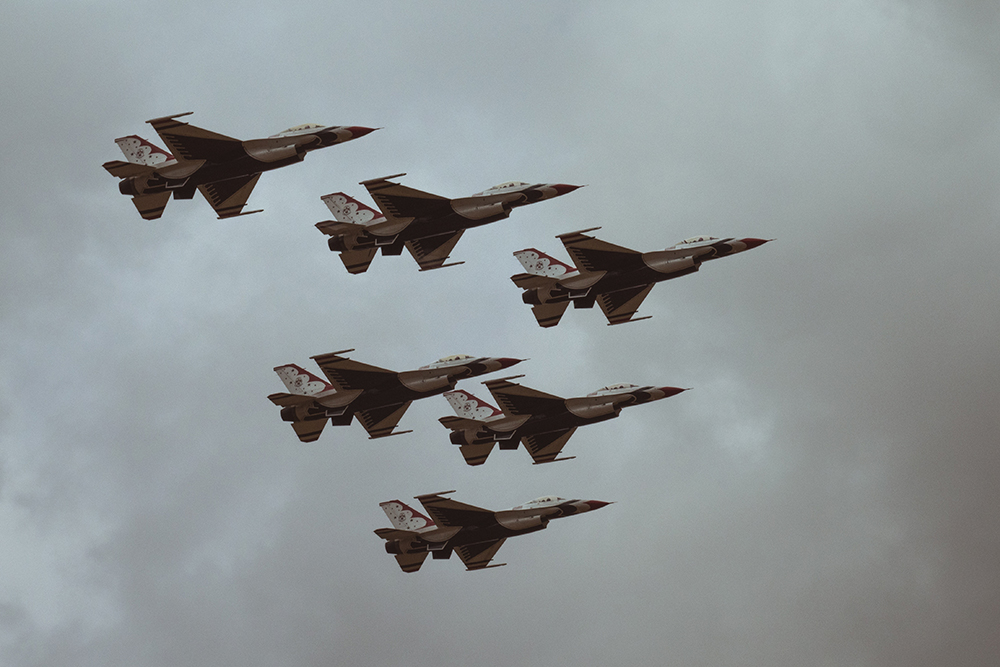Growing up as a mixed race kid in a white suburb, I saw myself through the lens of whiteness and aspired to it. Doing family research into my Chinese history is part of healing that, writes Brandon Yan.
This column is an opinion by Brandon Yan, who is biracial and grew up in Langley, B.C. For more information about CBC’s Opinion section
, please see the FAQ
.
I used to imagine myself with a different nose or with different eyes. I even used to imagine what it would be like to have a different dad a dad who looked like other dads, like the ones I’d see on TV playing sports with their kids. (And I didn’t even like sports; I was definitely a theatre kid.) I used to imagine what it would be like to be white and what it would be like to have a white dad.
And here’s the thing, I don’t think anyone ever told me to be ashamed of being half-Chinese or mixed race. Not explicitly, anyway. That’s the insidiousness of racism and white supremacy. It exists as normal and as abundant as the air that I breathed. It was on the TV. It was on the radio and in my music. It was every family on my block. It was most of the kids at school. It was most of my teachers and it was every textbook.
Growing up, I saw myself through the lens of whiteness and aspired to it. It deprived me of possible futures where I could be proud of every aspect of my being. Instead, I tried everything to fit in, including forsaking language, culture, dignity, and even, at times, my last name.
On resumes, I used my middle name, Oliver, in place of Yan. Overnight, it was much easier to get job interviews. Life rewarded me for erasing my Chineseness.
Dating brought its own challenges especially in the gay community, where it can be difficult to feel attractive or desirable in the age of “No fats, no femmes, no Asians.” It’s a common refrain on some gay dating apps
for a so-called preference that some gay or bisexual men have for fit, masculine and non-Asian men.
A gift from the queer community
It really wasn’t until my mid-20s that I started to undo, unpack and heal some of this internalized racism and homophobia that I harboured within myself.
One gift that was given to me by the queer community is that once you start to chip away at the shame within yourself, you can finally live as you were meant to.
Part of this process was watching my younger sibling transform into a fierce drag queen by the name of Maiden China. Through the subversion of stereotypes and the reclamation of chinoiserie especially in the queer community she showed me how to take up as much space as I need.
She was one of the sparks that lit the way for me to really delve into unlearning my internalized racism.
I even started to learn a bit of Cantonese.
When I told my dad that I had been taking Cantonese lessons, his first response was, “But why would you want to learn such an ugly language?” This stung. Not because I was hoping he would be proud of me, but because it just reiterated the damage that white supremacy can inflict on someone’s self-worth and I want that cycle to stop.
From alienation to understanding
I’ve also been re-connecting with my remaining aunts and uncles. My Uncle Robert has become the family historian and has been sharing family photos with me. He sent me this photo of my grandmother who we called Ngin Ngin.
Every Sunday, my dad would drive me and sometimes some of my other siblings from Langley to pick up Ngin Ngin in Vancouver. We would go for lunch at Maxim’s restaurant on Keefer Street. Fried rice. Gail lan. Hong Kong lemon iced tea as a treat.
After, my dad would make me go with Ngin Ngin for her shopping. To be honest, I hated doing this. My small hands strained to carry all the heavy oranges she bought and Chinatown as a kid was an alienating place for me.
But now I cherish these memories. She was always kind despite our inability to communicate. I think about her a lot these days. Our stories are linked and I’m working to fill in the gaps so I can better build the foundation for my own understanding of where I come from.
Though I’ve never had a “real” conversation with my grandmother, she’s the person who bestowed me with my Chinese name:
That’s something I learned from Uncle Robert: “Do you know what your Chinese name means? Your grandma picked ‘Nim Boon’ (‘Nam Bon’ in Toisan dialect) for you. It means ‘remember origin.’ ”
can mean remembrance or to remember, and can mean origin or roots. My name is a gift, no longer a burden.
It’s also a beautiful reminder that I was born here on the unceded territories of the xmkwym (Musqueam), Skwxwú7mesh (Squamish), and sl’ilwta/Selilwitulh (Tsleil-Waututh) Nations from complicated journeys of immigrants and settlers.
Part of the continuing movements against injustices and racism here and around the world is doing the work to undo systems of oppression within ourselves. My ancestors are my allies in this work.
Do you have a strong opinion that could change how people think about an issue? A personal story that can educate or help others? We want to hear from you.
CBC Vancouver is looking for British Columbians who want to write 500-600-word opinion and point of view pieces. Send us a pitch at bcvoices@cbc.ca
and we’ll be in touch.

